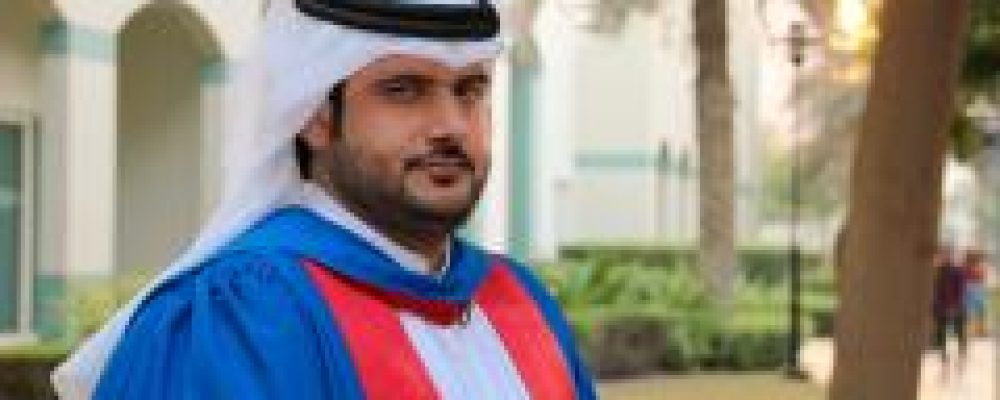Retention of Emiratis in the workforce is as important as recruiting them, according to a major research study done by an Emirati PhD graduate from the University of Wollongong in Dubai (UOWD).
Dr Abdulaziz Karam, a 34-year-old Management Consultant, recently presented the results of his six-year study into Emiratisation and Nationalisation globally, and identified factors that can help boost the ratio of Emiratis in the private sector. During the study, which contributed to his PhD degree, Karam acknowledged the uniqueness and forward-thinking structure of the UAE’s Emiratisation policies.
Dr Karam interviewed 15 private, public and government sector organisations, and surveyed more than 500 members of the Emirati workforce as part of his extensive research. Identifying a strong trend towards developing a future Nationalised workforce, he sees Emiratisation, along with retention and development of Emiratis, as the only solution to creating a sustainable workforce in the UAE.
“I began my PhD with a study of Emiratisation,” explains Dr. Karam. “As part of my study I looked at the structure and process of localisation globally, which proved to be very different to the UAE’s current system. In Malaysia, for example, the government introduced regulations on foreign labor, including work permits and employment passes. In China, the focus was on developing and offering development opportunities to the local workforce.
“The UAE faces a different challenge. With a population of 9.68 million and more than 5 million private sector jobs in the UAE alone, there is no doubt that we have the positions available. Making sure that Nationals are being placed in the right positions is the main challenge. Positions that will match their qualifications, suit their needs and benefit the advancement of their country are critical factors. The problem we are facing currently is that these requirements are not being met and many UAE Nationals quit regularly.”
While the public sector continues to traditionally employ UAE Nationals, there is greater demand from the private sector to recruit and retain young and highly educated Emiratis when leading the market in private sector growth. Karam’s study identified that retention is achieved through growth oriented opportunities and experiences.
“Many UAE Nationals are not content with just sitting behind a desk and collecting their salary at the end of the month,” he said. “Our research has shown that they want to see career progression and promotion prospects if they are to stay. They also want to be recognized for their achievements and enjoy the support of their co-workers, all of which contributes to job satisfaction and employee commitment.”
“The UAE is now placing more emphasis on directing Nationals towards the economy of the country with the government and educational establishments all on board. Rather than just filling a quota, the focus is now on developing more UAE Nationals than ever before for long-term growth and capacity building.”
Clear examples of this include the UAE Nuclear and Space Programs where the government is showing commitment by offering scholarships and incentives to young Emiratis to fulfill the country’s ambitious vision.
With more research projects in the pipeline Dr. Karam hopes to use his findings to encourage more Emiratis to excel and progress in their careers.
He adds, “Thanks to UOWD, I was fortunate enough to be given the opportunity to pursue my PhD in Dubai and was determined to produce something that would contribute to the economy and development of my country. Beside the scholarly impact, the results of my study provide important directions for enhancing the success of Emiratisation efforts. I am currently working towards dissemination of my research findings and look forward to working with government and private sector organisations on further research projects, helping to support the development of Emiratis in the workforce for sustainable growth of the UAE economy.”
Supervised by Professors Payyazhi Jayashree, Nicholas Ashill and Valerie Lindsay from UOWD, Dr Karam’s research thesis earned him the ‘high commendation’ status.
His examiners commented that his research shed light on a region that is understudied and the findings carried a strong social impact, as localisation is of vital importance to the whole Gulf region.




